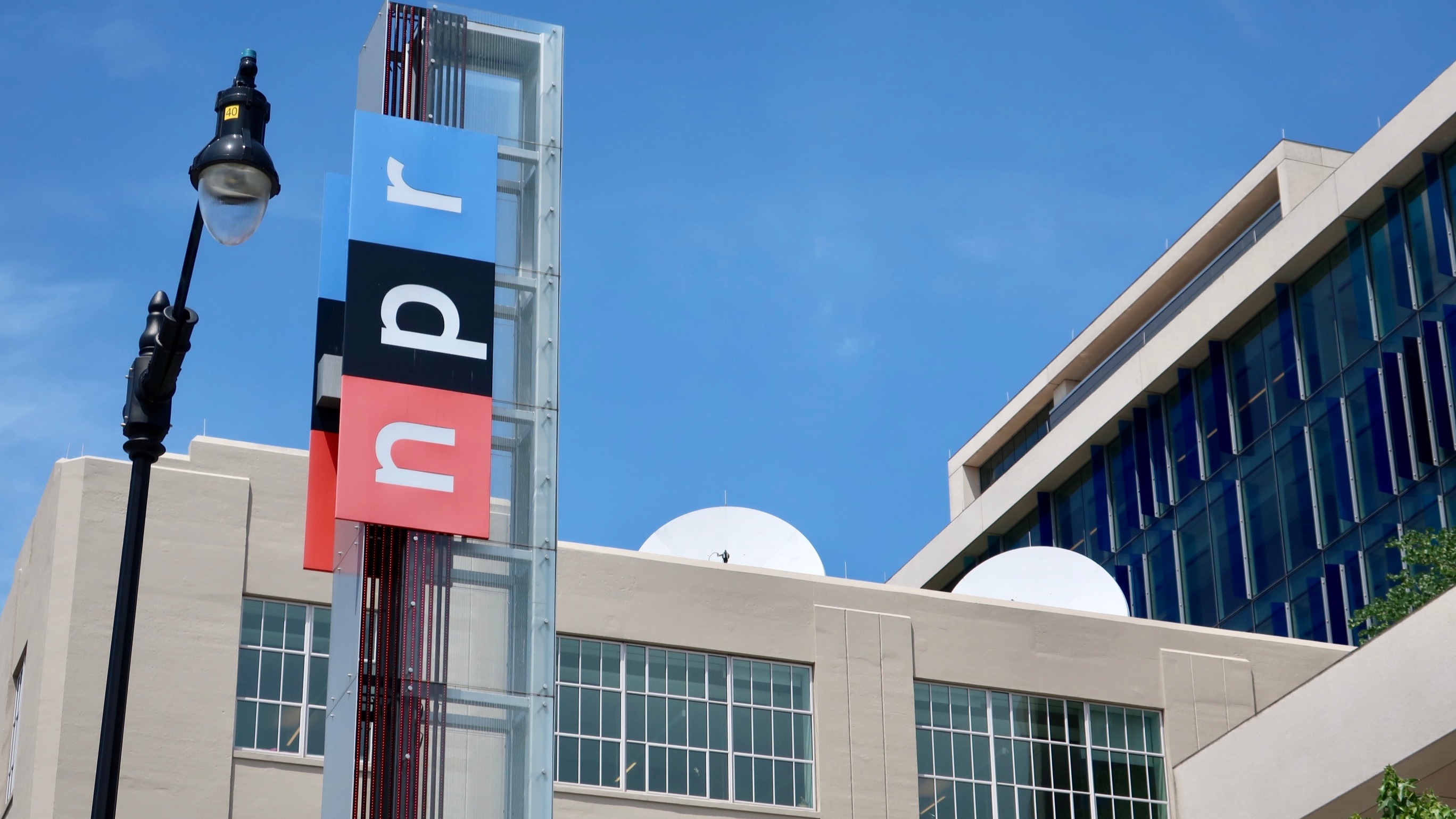Twitter - and Elon Musk - are having quite a couple of weeks. Recently, some of the bigger stories in the Twitter-Elon saga were that NPR , as well as KCRW (a member station of NPR from Santa Monica College), and the CBC (the Canadian Broadcasting Corporation) were pausing their activity on Twitter or leaving altogether.
NPR was the first to halt activity of its 52 feeds on the social media site after Twitter had designated it “state-affiliated media”. While NPR does state that its federal funding is essential, the “overwhelming majority of its funding comes from non-federal sources”
So, technically, the label is not entirely untrue in an absolute sense, but NPR’s issue was that it shared the label with the likes of pretty much pure propaganda outlets such as those of Russia, China, and other autocratic-government media organizations.

NPR’s tech reporter Bobby Allyn asked Elon Musk about this and Musk apparently did admit he might have gotten it wrong, and the label was changed to “government-funded media” which still sounds an awful lot like “state-affiliated media”, if not more so like a propaganda operation.
NPR thought so as well, and it took issue with this label also, stating that it is “a private, nonprofit company with editorial independence.” This is a pretty fair claim as less than 1% of its annual operating budget comes from federal sources (on average), and a large share of that federal funding is used to assist local radio stations in licensing NPR material.
NPR elaborated that its silence on Twitter was to protect its credibility and not cast unfounded doubt on its work due to this new label.
After some back and forth with Musk, NPR was unsatisfied with other proposed changes, and NPR CEO John Lansing stated “I have lost my faith in the decision-making at Twitter.”
Further developments after that led to Elon tweeting out "Defund @NPR." and his very balanced fans who clearly took the time to do their research went after the broadcaster.
Defund @NPRApril 12, 2023
More unhappy broadcasters
Meanwhile, an interview with Musk himself went out from the BBC where he discussed his Twitter takeover and one of the topics brought up was the above-mentioned “government-funded media” label which was also given to the BBC.
Musk was confronted by BBC technology reporter James Clayton on the issue, who reiterated the BBC’s objection to the label as it’s funded “by the British public through a license fee.” Musk again offered to change the label to “publicly-funded,” maintaining his devotion to accuracy.
Unfortunately for Musk, it seems that this was not enough for the CBC (the Canadian Broadcasting Corporation), who followed suit with NPR and paused the activity of its official corporate and news accounts as well.
Funnily enough, it was also given the label of “government-funded media” and had a couple of issues with that. Now, I am not Canadian, but I am starting to see a pattern…. The CBC stated that this designation “undermines the accuracy and professionalism” of its journalists' work and that its ‘journalistic independence is the cornerstone of who we are as a public broadcaster.”
Our journalism is impartial and independent. To suggest otherwise is untrue. That is why we are pausing our activities on @Twitter. | Notre journalisme est impartial et indépendant. Prétendre le contraire est faux. C’est pourquoi nous suspendons nos activités sur @Twitter.April 17, 2023
Halting the exodus
So, surely, Musk being a 51-year-old gigamind and ultra-billionaire reacted adequately and addressed these concerns appropriately. Well, let’s see.
The CBC’s label was subsequently changed to "70% Government-funded Media” and when the broadcaster took issue with this as well, he changed it again to "69% Government-funded Media." Australia’s ABC News also said that it was currently liaising with Twitter regarding its new designation as “government-funded media” at the start of this week.
As reported by Al Jazeera, Twitter quietly backpedaled this whole change and apparently dropped the ‘state-affiliated’ and ‘government-funded’ labels altogether - including for Russian and Chinese governments’ media outlets.
This is amid the ongoing ‘blue check verified’ controversy, where as of April 20, so-called ‘legacy’ blue checkmarks, which were given to individuals and entities before Musk’s takeover of Twitter, have disappeared (or are in the process of doing so)... though some accounts, mainly celebrities with more than 1 million followers, have found their blue checks have reappeared.
My Twitter account says I’ve subscribed to Twitter Blue. I haven’t.My Twitter account says I’ve given a phone number. I haven’t.April 20, 2023
This begs the question that if no news sources are (arguably) actually accurately identified as state-funded and anyone can be “verified” by subscribing to Twitter Blue, is Twitter going to continue to be the invaluable news source and aggregator that it was until this point (even in its post-Elon takeover era)?
It's hard to definitively say ‘no’ because the future holds plenty of unknowns, but I predict that Twitter’s place in the public consciousness will shift away from this position.
Towards what - well that remains to be seen and it is kind of anyone’s guess. I’ll end by saying that while I do not believe in billionaire-messiahs, Jack Dorsey, founder of Twitter, has a new alternative called Bluesky (which has debuted for Android), and I am keen to see if that will influence anything, if only to save the collective sanity of our society.
No comments:
Post a Comment